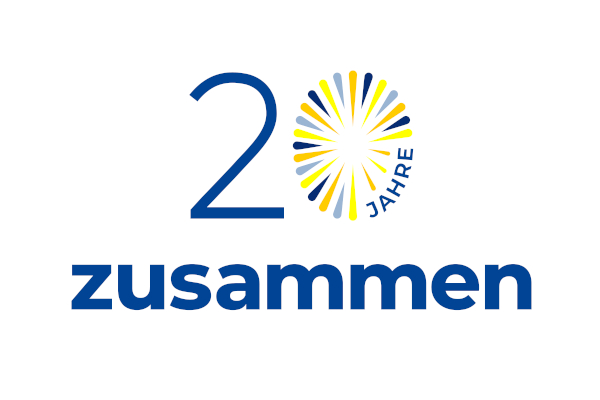Google’s chatbot Bard can now be officially used in Germany and throughout Europe. The internet group has removed barriers for users across Europe and Brazil.
“Bard is now available in most countries around the world,” said Jack Krawczyk, Google director responsible for Bard at the internet giant. At the same time, the service has got some new features that should make the use of artificial intelligence (AI) accessible and useful to a large audience in the future.
Google initially responded very reluctantly to the advances of the California startup OpenAI, which has gained more than 100 million users in just a few weeks with its ChatGPT script bot since November last year. Initially, Bard was released in mid-March in English only in the United States and the United Kingdom. Japanese and Korean were added in May. However, all 27 EU countries are missing from the new list of 180 unlocked countries because agreements had to be made with regulators and adjustments had to be made beforehand.
Google has not only used the months that have passed since the launch of Bard to dialogue with the authorities, but has also done a lot of homework in order to be able to introduce Bard more or less all over the world. Google found it very easy to teach German to the Bard AI. “The model was trained using publicly available information from the Internet,” explained Google manager Krawczyk. “The good news is: There is a lot of high-quality public information that helps form.”
The real challenge when introducing language is not so much the quality of the language as the content of the answers. How do you prevent the display of hurtful and hateful language? It is difficult to respond to content challenges without delay and to establish “responsibility mechanisms”. “How do we create the mechanisms in our teams to react quickly and adapt?” Google has spent a lot of time learning these “responsibility mechanisms”, first in Japanese and Korean, and now in languages like German, Arabic, Chinese, Hindi, and Spanish.
At the same time as the regional expansion, Google is also introducing new functions in Bard. The system can also read the answers. This feature is now available in German and over 40 other languages. At the same time, you can also customize Bard’s responses to your own needs and set the tone and style to various options. You can choose between Simple, Long, Short, Professional, and Colloquial. For example, you could ask Bard to help write an ad for an old chair, then use the drop-down menu to shorten the answer if needed. This feature is initially only available in English and will soon be expanded to other languages, according to Google.
Also new is the functionality to combine voice input and image upload. For example, you could upload a photo of the label on a wine bottle and have Bard detail the main course that goes best with her. This feature is currently only available in English, but will soon be available in other languages.
The new option to pin chat bot in the sidebar is also useful. So you don’t have to finish a dialogue with Bard, for example to plan a vacation trip, all at once, but you can call her back later. Bard has also gotten more social: if you want to share what Bard has created with other users, you can now share a direct link to chat with Bard.
The Irish Data Protection Commission (DPC), which is responsible for Google in Europe, initially expressed concerns about whether Bard was adhering to the provisions of the European General Data Protection Regulation (GDPR). Krawczyk said they have spoken not only to the Irish Data Protection Commissioner, but also to several data protection authorities in Europe, including the Hamburg Data Protection Commissioner, which is responsible for Google in Germany. The talks were very productive.
In Google’s early days after its founding in 1998, US computer pioneer Grace Hopper was often quoted when introducing new services: “It’s easier to ask for forgiveness than to get approval.” In the meantime, the group clarifies important questions in advance with the organizers so that you don’t have to apologize afterwards.
Google Krawczyk said in an interview with dpa that all of Bard’s jobs would continue to be offered free of charge. “Right now, we’re focused on making Bard as useful as possible for users. So we’re not focused on monetization right now.” On the other hand, Google OpenAI competitor offers ChatGPT Plus paid subscription option for its service. For $20 a month, OpenAI offers better availability during high demand, faster response time, and priority access to new features like the latest language models.

“Social media evangelist. Baconaholic. Devoted reader. Twitter scholar. Avid coffee trailblazer.”







More Stories
A surprise Xbox game is getting ready to move to Nintendo Switch – SHOCK2
WhatsApp recommends this function, but users have to activate it themselves
Intel Core Ultra 200V (“Lunar Lake”) with Xe²-LPG (“Battlemage”) in benchmark testing for the first time